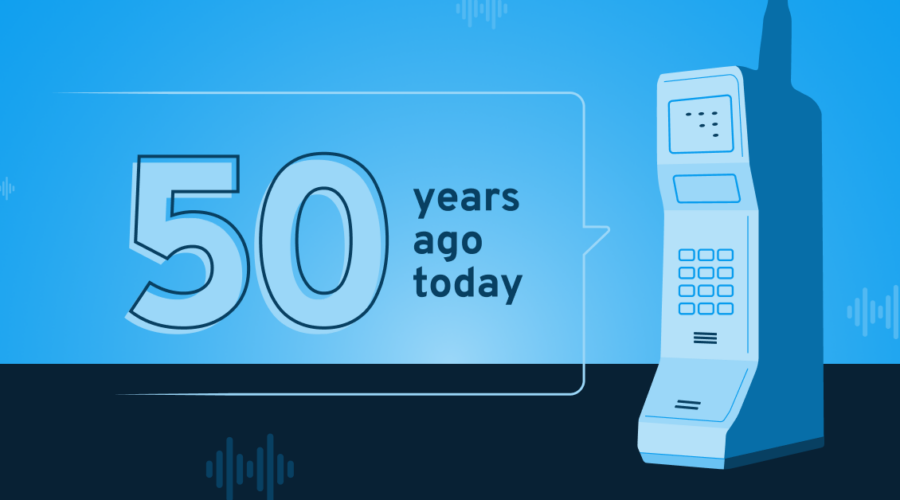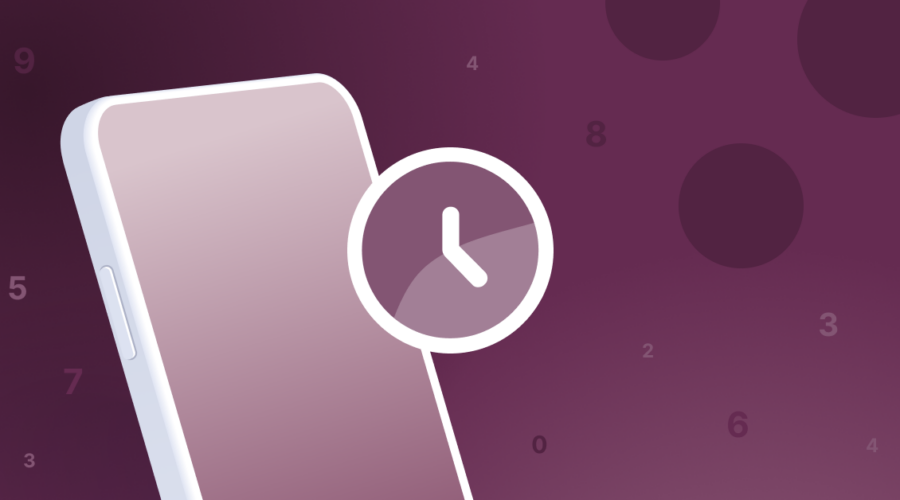Porting telephone numbers, or moving numbers from one carrier to another, sounds like something that should be pretty simple. You’ve got some phone numbers with an existing carrier and you simply want to move them over to a new carrier (like Bandwidth) and continue along your way. If you’re new to the porting game, though, it’s important to be aware that many pitfalls await if you don’t have all your ducks in a row. The good news? Virtually ALL those pitfalls can be avoided with a little preparation. Go through these questions, and you’ll be on your way to realizing revenue quicker than you ever imagined.
8 questions to ask before porting phone numbers
1. What’s the BEST communication process?
Number porting is complicated with multiples steps and nuances. It’s important for you—and your customers—to have a handle on where each phone number is in the process at all times. Know what information your new carrier requires and continually ask the right questions as the process moves along. Making assumptions in porting (as with most business processes) can get ugly fast. Over-communicating is always better than leaving important elements to chance.
2. Are your numbers actually portable?
This is a big one because failure to check portability can stop you dead in your tracks. Most carriers offer a number portability checker right on their website or portal. Just enter the number (or all of your numbers via bulk upload or API), press a button and bam! You know the answer to the most important question your customers have. If you can let your customers know (and their customers know) ahead of time which numbers are not portable, you’ll save a lot of time—and face—later on in the process.
3. What is your current carrier’s port out process (don’t make assumptions)?
Find out if your current carrier allows partial ports. That is, can you pick and choose which numbers to port out or do you have to port all your numbers at one time? It’s important to also find out if the current carrier provides a CSR (Customer Service Record). The CSR contains all the account information both the existing and new carrier need for a smooth transition, so if the carrier has it available—just get it! It is important to know what information the current carrier has on record to ensure the port is successful.
4. Are you trying to port any inactive phone numbers?
Check the number(s) you’re trying to port and make sure they’re all active. It’s impossible to port an inactive number and if you’re not on top of this, it could spell major delays and lots of frustration for you and your customers.
5. Are there any open/pending orders on your existing carrier’s account?
It’s common for carriers to reject a port out request if there are any open or pending port orders. Don’t let this hang-up cost you valuable time (or revenue)—know what you’re dealing with from the beginning and it will be smooth sailing all the way.
6. Does your new carrier support all the phone number features your customers expect?
If you’ve been working with the same carrier(s) for a long time, you may not be aware that not all carriers support every phone number feature and functionality. Taking away expected features without the proper communication will no doubt be a thorn in your new customer relationship. It’s important to know exactly what features the new carrier offers upfront and communicate any changes to your customer(s) well in advance of the “go live” date with the new carrier.
7. What’s your Billing Telephone Number (BTN)?
Every account has a phone number used for billing purposes—the Billing Telephone Number (BTN). Typically, you can port this number at any time, but you should note that your existing carrier may require you to specify a new one if you have other numbers remaining in your account. It is important to know this number just in case your carrier asks.
8. What is your current carrier’s account number and PIN?
Your account number and PIN are important. It’s how your carrier identifies you and is associated with your billing. If you’re porting wireless numbers, these two pieces of information are a requirement for most carriers.
Learn more about number porting
Our team of experts is here to help make your number porting more pleasant.



